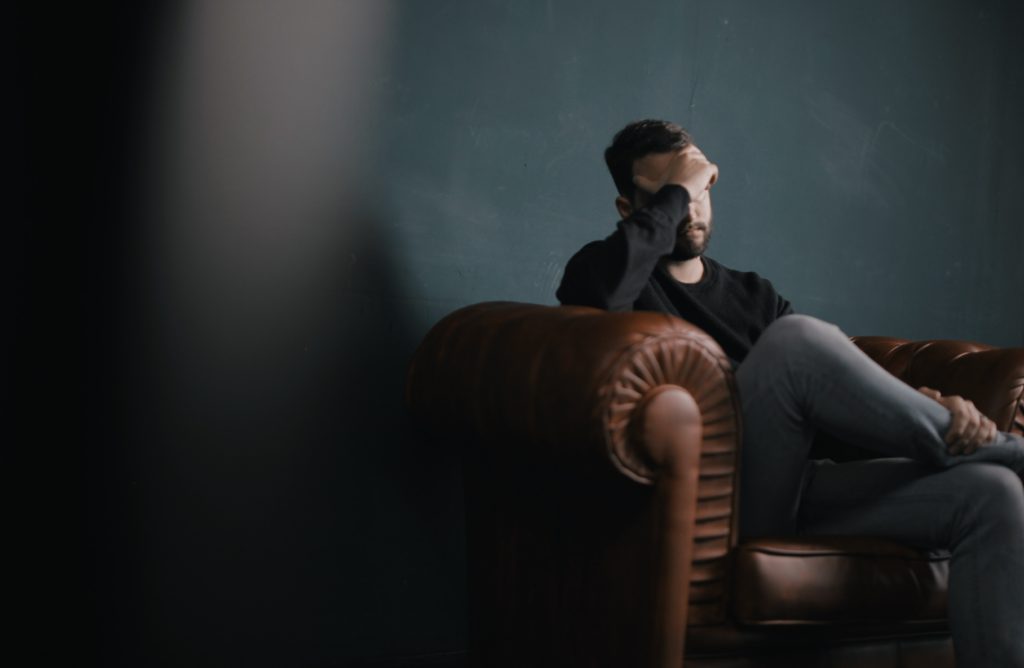According to the American Institute of Stress, 73 percent of people have stress that impacts their mental health.
Anxiety and stress are relatively common problems that almost anybody experiences. Everyone goes through several stages in life that cause them to feel nervous or agitated. Dealing with stress and anxiety can be difficult, but learning how to control them can be quite helpful.
What is Stress? How it Affects your Mental Health?
Stress can be defined as a reaction to a circumstance that causes our minds to become disturbed. To put it another way, stress happens when we feel frightened or in fear. This can occur in many ways, such as a sudden job loss, the death of a loved one. It can also be an ongoing stage in life (workload, financial issues, past trauma, etc.)
Stress can last for a short time or for a long time, depending on your situation. This may end up affecting your hormones, mood, and other elements of your health and well-being.
In other words, stress can also cause you to fall sick. This can be in the form of:
- frequent headaches
- fever, cough, flu
- nausea or vomiting
- lack of sleep
- weak body
- unable to process things mentally
- muscle cramps
- mood swings
- lack of aptetite or overeating
- use of excessive substance
What is Anxiety? How Anxiety develops in your body?

Just like stress, anxiety is also a response to a threat or danger. Anxiety can be a healthy and adaptive stress response. However, excessive anxiety can cause severe distress and may hinder daily functioning. Anxiety is also handed down in your genes, according to extensive research on the subject. This frequently comes from first-degree relatives who have or are experiencing anxiety.
Some of the issues you may face in anxiety are:
- Gas, constipation, or diarrhoea
- sleeplessness unable to focus or think effectively about anything other than the problem you’re worrying about
- trembling or muscle twitching weakness
- lethargy emotions of danger, worry, or dread
- quick heart rate rapid breathing, or hyperventilation
- increased or heavy perspiration trembling or muscle twitching
5 Tips on How to Reduce Your Stress and Anxiety:
Tip # 01: Use an app for breathing meditation
There are a number of apps available now that can assist with anxiety or stress management. Apps for mood tracking, breathing meditation, improved sleep, and many more things are available. You can put these on your phone to help you deal with stress and anxiety.
Tip # 02: Exercise Regularly
Keeping yourself physically healthy can help you in overcoming these issues. Make it a point to exercise at least once a day. This will significantly aid in maintaining a cheerful and stress-free mindset.
Tip # 03: Cut Down on your bad habits
Smoking, drinking, using substances, eating junk food, and over-thinking are all bad habits. You’ll notice how everything feels better and your mental health improves after you focus on minimizing these.
Tip # 04: Communicate with someone
It is important to share your emotions with your family or friends. Your mental health will deteriorate the more you keep things to yourself. If you tell someone what you’re thinking and what’s hurting you, they might be able to help you manage.
Tip # 05: Watch Movies and Listen to Music
Lastly, watching movies or listening to nice music is the best approach to distract yourself from the daily stress caused by work or studies. This will instantly improve your mood and make you feel joyful and calm.
